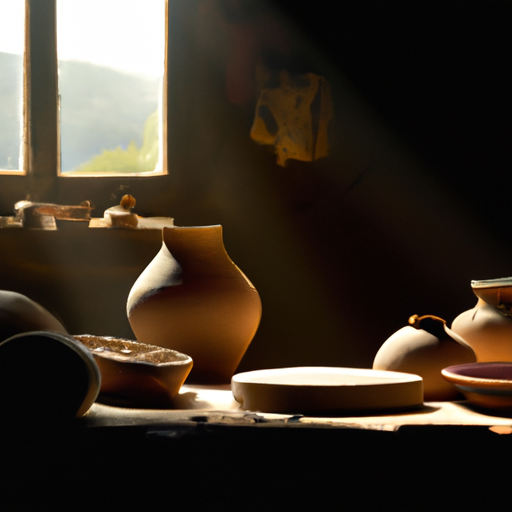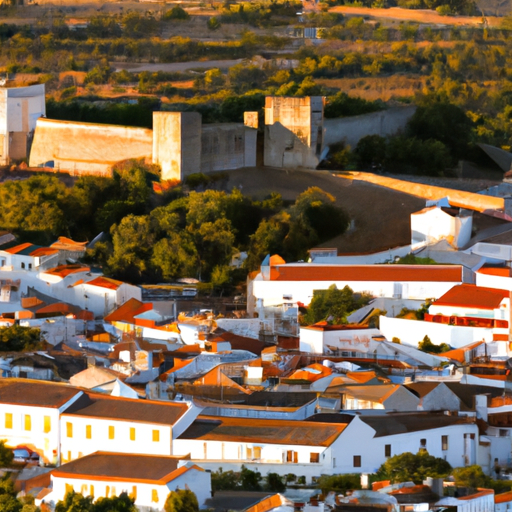Journey through Portugal's least-explored yet most authentic region, where medieval villages meet rolling vineyards. Discover the ancient crafts, farm-to-table cuisine, and pristine beaches that make Alentejo a hidden paradise. Experience the warmth of local hospitality in whitewashed towns where time seems to stand still.

The Alentejo region of Portugal remains one of Europe's best-kept secrets, a vast landscape where cork oak forests stretch to the horizon and whitewashed villages emerge from rolling hills like pearls scattered across green velvet. This remarkable region, occupying nearly a third of Portugal, offers travelers an authentic glimpse into Portuguese life far from the tourist crowds of Lisbon and the Algarve.
The heart of Alentejo beats strongest in its medieval towns, where cobblestone streets wind between ancient walls that have witnessed centuries of history. In Évora, a UNESCO World Heritage site, the Roman Temple of Diana stands as a testament to the region's ancient roots, while the haunting Capela dos Ossos (Chapel of Bones) offers a unique meditation on mortality. The city's historic center is a living museum where daily life unfolds beneath Gothic arches and Moorish influences peek through in architectural details.
Alentejo's culinary heritage deserves special attention, as it represents some of Portugal's most distinctive and authentic cooking. The region's farm-to-table tradition predates the modern movement by centuries, with dishes heavily influenced by what's available from the land. Black pork from free-ranging Alentejano pigs, hearty bread soups, and fresh seafood from the Atlantic coast create a gastronomic landscape as diverse as the region itself.
The wine culture of Alentejo has experienced a renaissance in recent decades, with ancient techniques meeting modern innovation. Traditional clay pot fermentation, known as talha wines, continues alongside state-of-the-art wineries. Visitors can explore vast estates where contemporary wines are crafted while maintaining deep connections to the land's viticultural heritage.
The coastline of Alentejo offers a striking contrast to the interior's pastoral scenes. Unlike the developed beaches of the Algarve, here you'll find wild, pristine stretches of sand backed by dramatic cliffs. The fishing village of Porto Covo and the historic port of Sines provide bases for exploring this rugged coastline, where traditional fishing methods still prevail and seafood restaurants serve the daily catch.
The region's craft traditions remain vibrantly alive in workshops where artisans create distinctive pottery, textiles, and cork products. In Arraiolos, women continue the centuries-old tradition of rug-making, creating intricate patterns that tell stories of the region's history. The town of São Pedro do Corval maintains its reputation as Portugal's pottery capital, where dozens of workshops produce both traditional and contemporary ceramics.
Accommodation in Alentejo ranges from rustic charm to refined luxury, with many historic buildings transformed into boutique hotels. The region pioneered Portugal's pousada concept – converting historic monuments into hotels – and these provide some of the most memorable places to stay. From converted monasteries to fortified castles, these accommodations offer an immersive experience in the region's rich history.
The natural environment of Alentejo provides countless opportunities for outdoor activities. The São Mamede Natural Park in the north offers hiking trails through diverse landscapes, while the Southwest Alentejo and Vicentine Coast Natural Park provides some of Europe's most pristine coastal walking routes. Birdwatchers flock to the region for its diverse species, including the rare Great Bustard.
Timing your visit requires careful consideration, as Alentejo's climate can be extreme. Spring and autumn offer ideal conditions, with comfortable temperatures and stunning natural displays. Spring brings wildflower carpets across the countryside, while autumn provides perfect conditions for wine harvest experiences and mushroom foraging.
The people of Alentejo, known for their warmth and hospitality, maintain a deep connection to their land and traditions. This connection manifests in everything from the slow food movement to the preservation of traditional music and festivities. Visitors are often surprised by the genuine welcome they receive, finding themselves invited to join family meals or local celebrations.
As tourism gradually discovers Alentejo, the region maintains a careful balance between development and preservation. Local initiatives focus on sustainable tourism that benefits communities while protecting the authentic character that makes the region special. This approach ensures that future generations can continue to experience the genuine soul of Portugal that beats strongly in Alentejo's heart.



